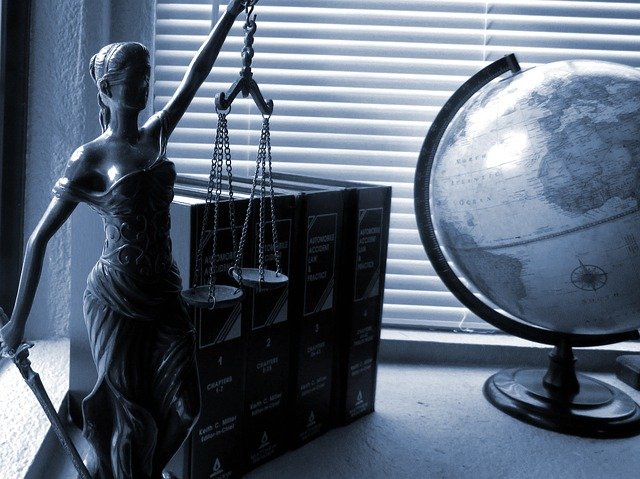ECAF and the arguments.

The first thing that attracted me to EOS Blockchain was governance and the ability to get things right using the constitution. I believed the thief/spammers/phishers account freeze was a right thing to do, but do we really want to continue to the road of arbitration or ECAF?
*** Let's look at the thief/hacking issues -***
- Alice uses a wallet without any time delay.
- Alice account keys get compromised/stolen/forced theft with a mask and $5 Chisel.
- Hacker sells the tokens Alice had in her wallet.
- Exchange them on EOSDEX for Litecoins/Monero.
- Transfers them on Bitshares.
- Alice files for Claim on ECAF.
What will ECAF do now?
Majority of the hackers will do the same.
One may say if hackers don't appear, Alice should get the insurance. What if there was no hacker at all, and Alice planned the whole thing by herself. Any proof?
Let's look at the other factors -
- Bob and Cho ended up in dispute regarding a transaction.
- Bob wanted Cho's account being frozen, Bob fills out a claim with a bond value.
- Cho's account was frozen stating until further notice is received.
- Cho's being a trader goes through heavy loses which may not be filled by just Bob's bond.
- Cho won the case but incurred heavy losses.
- Should he now claim against BP and ECAF for the losses?
***The vote buying and collusion - ***
One BP gets investment by a whale, the other BP airdropped the tokens for everyone to make everyone a partner.
The third BP said he isn't taking any investment but his partner's friend is one of the high stakeholders of EOS. She herself has invested on one BP, and collected airdrops of a DAC. She votes for all the three with other 12 BPs. Will this be counted as collusion? Who draws the line between what is vote buying and what is investment/partnership? How does arbitrator know that this isn't vote buying but the investment? The line is actually very vague.
What about the BP who were not compliant, what measures could we take against them? Class action suit? What if the arbitrator give an opinion not ruling but the BP overlooked, as they are still getting votes from whales who don't care much. Is the voter liable now?
There could be a lot many claims against many parties if people were just claiming against each other on the subjective matter. The arbitrator may give the ruling/opinion for as any many claims as you could see. Every opinion was subjected to be analyzed by the BP and community before enforcing. So BP being the jury is the reality in most of the cases. Do you really think the community will be tracking and analyzing every case to decide which BPs to vote in or out? If it so, then you are very very far from the reality.
Instead of fighting for such subjective cases with no result we could act towards the technical part i.e as DAN suggested 'intent of code'is the law. It makes things simple and easy to execute, terms are stated in RC and code doesn't follow the true path than it is bound to go into arbitration.
Solution of few problems -
Theft - Maybe the wallet by B1 or time delay could help. But ECAF as I could think of isn't a solution in itself, Arbitrators are just dispute resolvers, not James Bat Bond Man. A good hacker will do everything possible to get out of the EOS network if he was able to hack/steal keys and we have ECAF in place.
Vote and Collusion - I may be naive, but please help how to possibly track vote buying and collusion without any identities of the whales? Instead, the Block Producers should fill in the bond stating terms and establishing transparency which will be subjected to arbitration and bring more transparency. At least, BP will have something to fear if they have bonds if not, they could have freely continued to produce blocks with whales not active in voting.
With time and more resources we could update our constitution, but with no tools to bring transparency for dispute resolution, I don't think we could even progress. We would have been stuck blaming each other and making claims against each other.
Very good considerations! I liked the original constitution, but it needs to be practical and enforceable. And the new proposal looks to narrow things down to be feasible. Still I feel the issue of theft and fraud needs to be handled as it's at the core of eos Governance promise. Insurance and bp liability don't seem to be a fair solution it seems...
Yes, actually Ian Grigg yesterday asked what if Dapplication starts selling their data? Who will handle that? It isn't intent of code, I feel we need some guidelines on the base level.